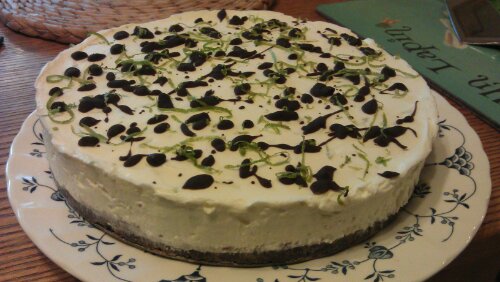I used to read a lot of war poetry. It was Siegfried Sassoon’s fault first of all:
Suicide in the Trenches
I knew a simple soldier boy
Who grinned at life in empty joy,
Slept soundly through the lonesome dark,
And whistled early with the lark.
In winter trenches, cowed and glum,
With crumps and lice and lack of rum,
He put a bullet through his brain.
No one spoke of him again.
You smug-faced crowds with kindling eye
Who cheer when soldier lads march by,
Sneak home and pray you’ll never know
The hell where youth and laughter go.
This haunted me. Wilfred Owen was another, with Dulce et Decorum Est.
I wrote my own (don’t be mean, I was thirteen):
Back to War
Glum soldiers say ‘Back to the trenches,’
Faking their calm and their pride;
Now their short time at home is up
It’s back to war – they cannot hide.
They’re back to toil and hardship
With lives swamped by the rotting dead;
Gangrened and decaying limbs,
Decomposing, swollen heads.
They keep their secret silently –
It’s a well disguised fact,
That the words ‘Back to war’
Mean simply ‘Suicide pact.’
It was quite smug of me. What did I know. Thirteen! We were doing war poetry at school at the time.
W. B. Yeats also wrote one that I obsessed over:
On Being Asked for a War Poem
I think it better that in times like these
A poet’s mouth be silent, for in truth
We have no gift to set a statesman right;
He has had enough of meddling who can please
A young girl in the indolence of her youth,
Or an old man upon a winter’s night.
He does have a point. On that note, here is Carol Ann Duffy’s tribute to Harry Patch, the last British soldier to fight in the First World War, who died in 2009 at an impressive 111 years old.
Last Post
In all my dreams, before my helpless sight,
He plunges at me, guttering, choking, drowning.
If poetry could tell it backwards, true, begin
that moment shrapnel scythed you to the stinking mud…
but you get up, amazed, watch bled bad blood
run upwards from the slime into its wounds;
see lines and lines of British boys rewind
back to their trenches, kiss the photographs from home –
mothers, sweethearts, sisters, younger brothers
not entering the story now
to die and die and die.
Dulce – No – Decorum – No – Pro patria mori.
You walk away.
You walk away; drop your gun (fixed bayonet)
like all your mates do too –
Harry, Tommy, Wilfred, Edward, Bert –
and light a cigarette.
There’s coffee in the square,
warm French bread
and all those thousands dead
are shaking dried mud from their hair
and queueing up for home. Freshly alive,
a lad plays Tipperary to the crowd, released
from History; the glistening, healthy horses fit for heroes, kings.
You lean against a wall,
your several million lives still possible
and crammed with love, work, children, talent, English beer, good food.
You see the poet tuck away his pocket-book and smile.
If poetry could truly tell it backwards,
then it would.
The poem I really wanted to share though, is this one by Kate Clanchy:
War Poetry
The class has dropped its books. The janitor’s
disturbed some wasps, broomed the nest
straight off the roof. It lies outside, exotic
as a fallen planet, a burst city of the poor;
its newsprint halls, its ashen, tiny rooms
all open to the air. The insects’ buzz
is low-key as a smart machine. They group,
regroup, in stacks and coils, advance
and cross like pulsing points on radar screens.
And though the boys have shaven heads
and football strips, and would, they swear,
enlist at once, given half a chance,
mark down Owen’s darkening lanes
to join the lads and stuff the Boche –
they don’t rush out to pike the nest,
or lap the yard with grapeshot faces.
They watch the wasps through glass,
silently, abashed, the way we all watch war.







